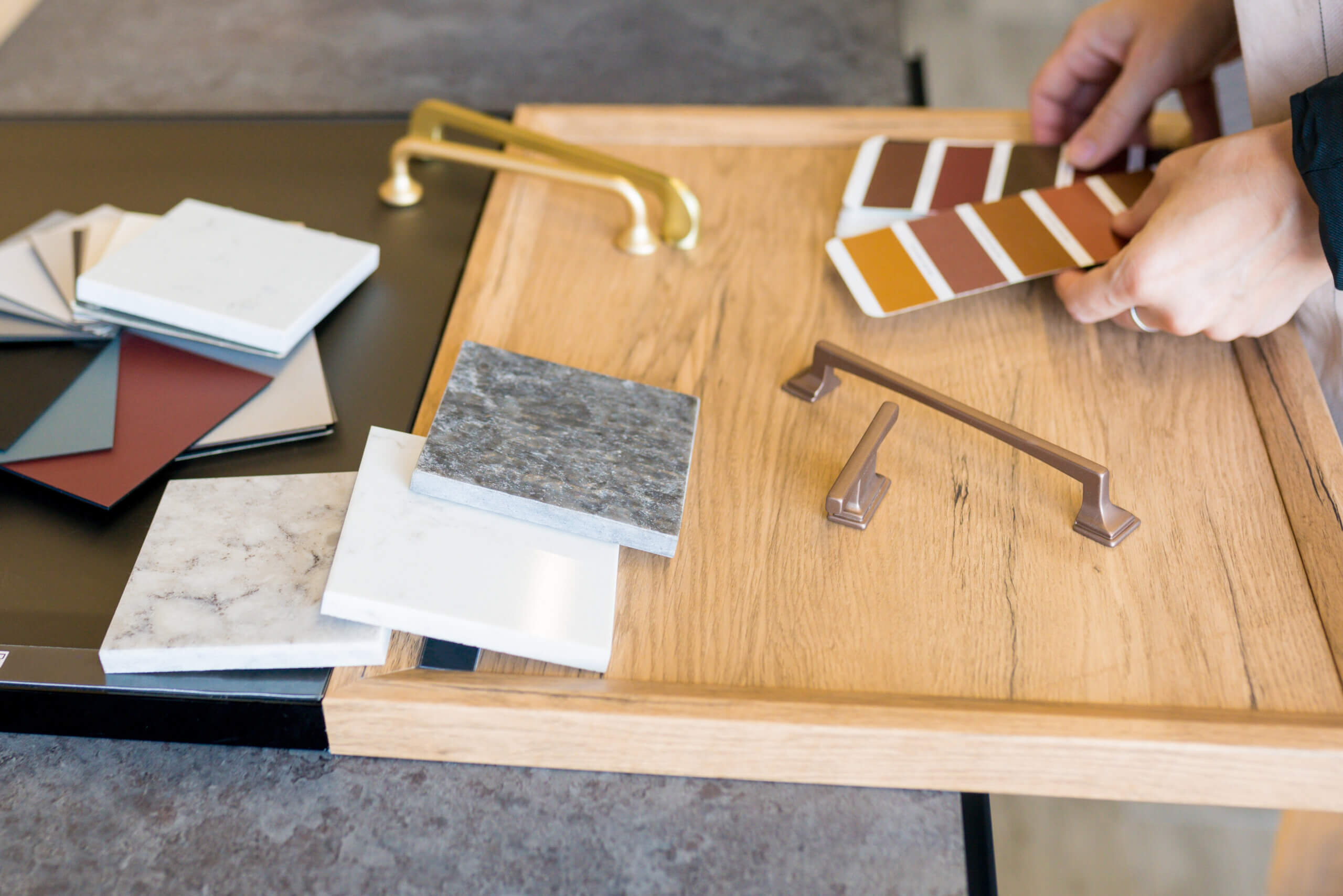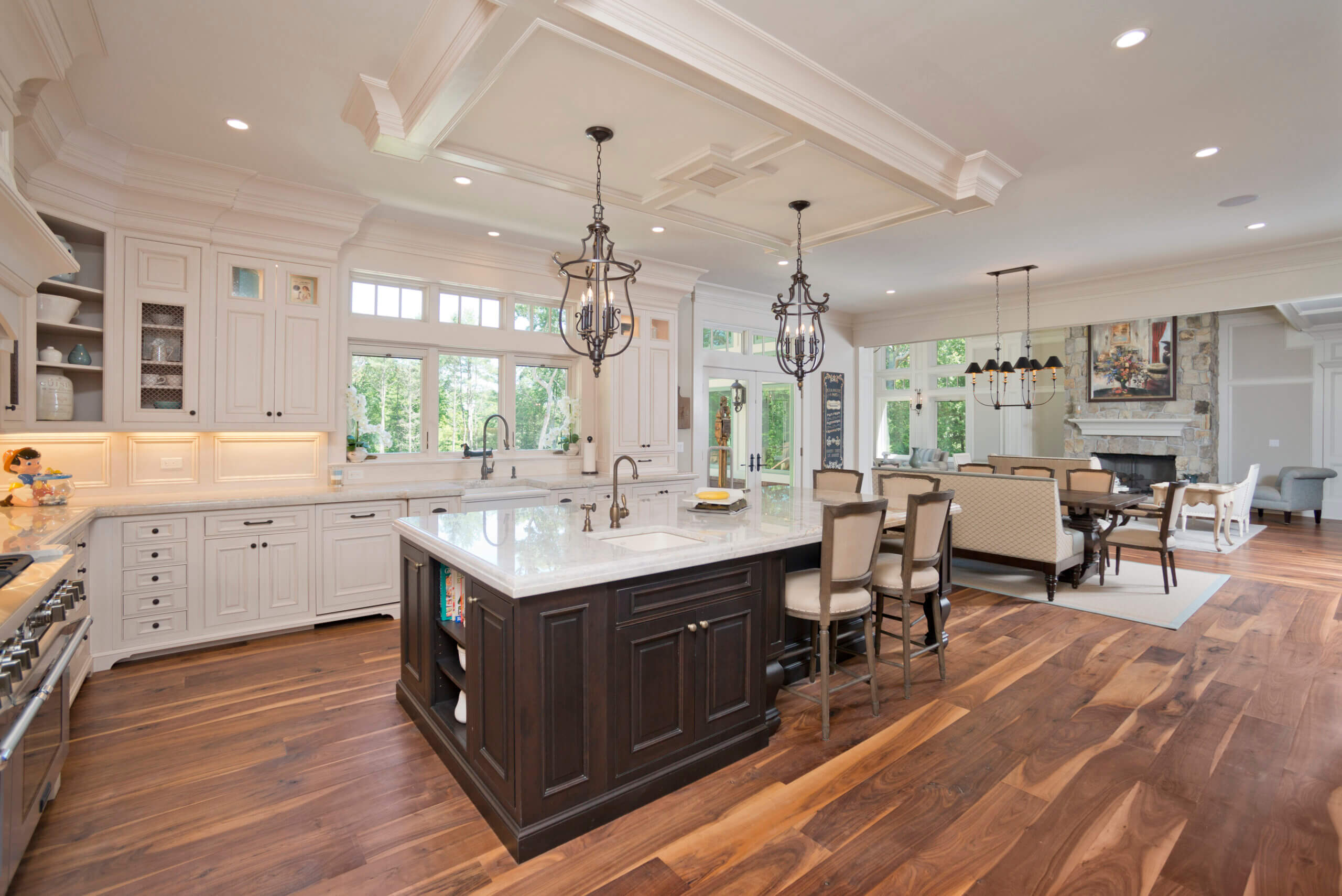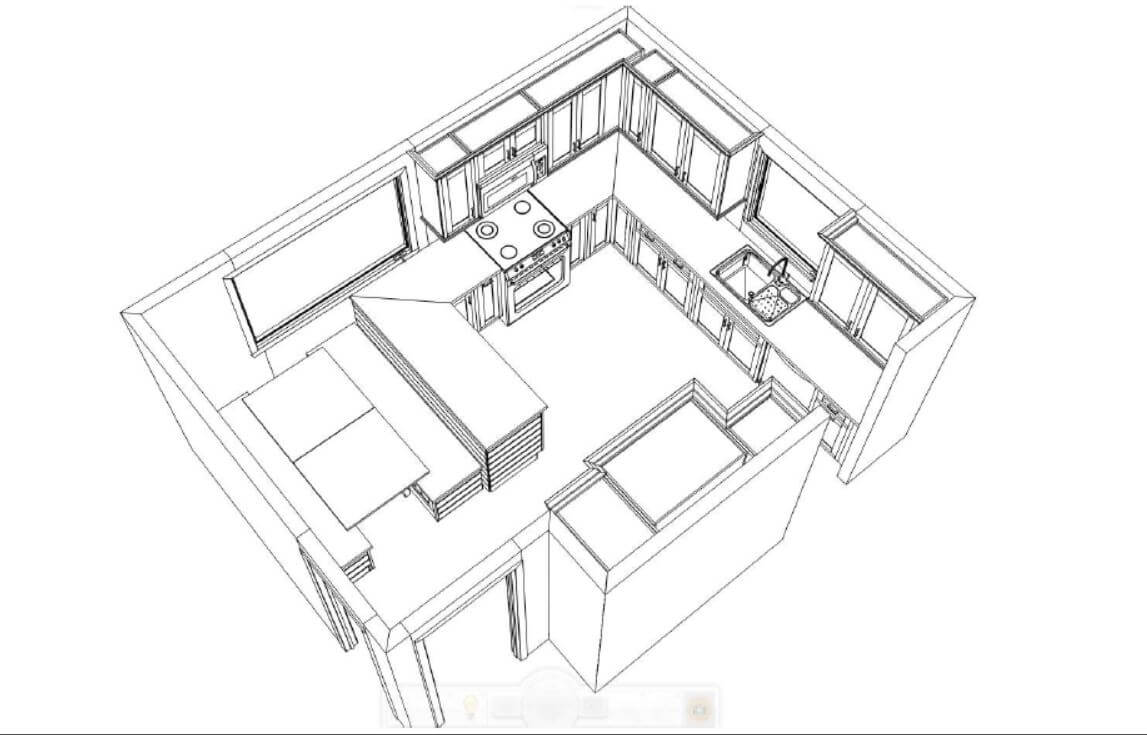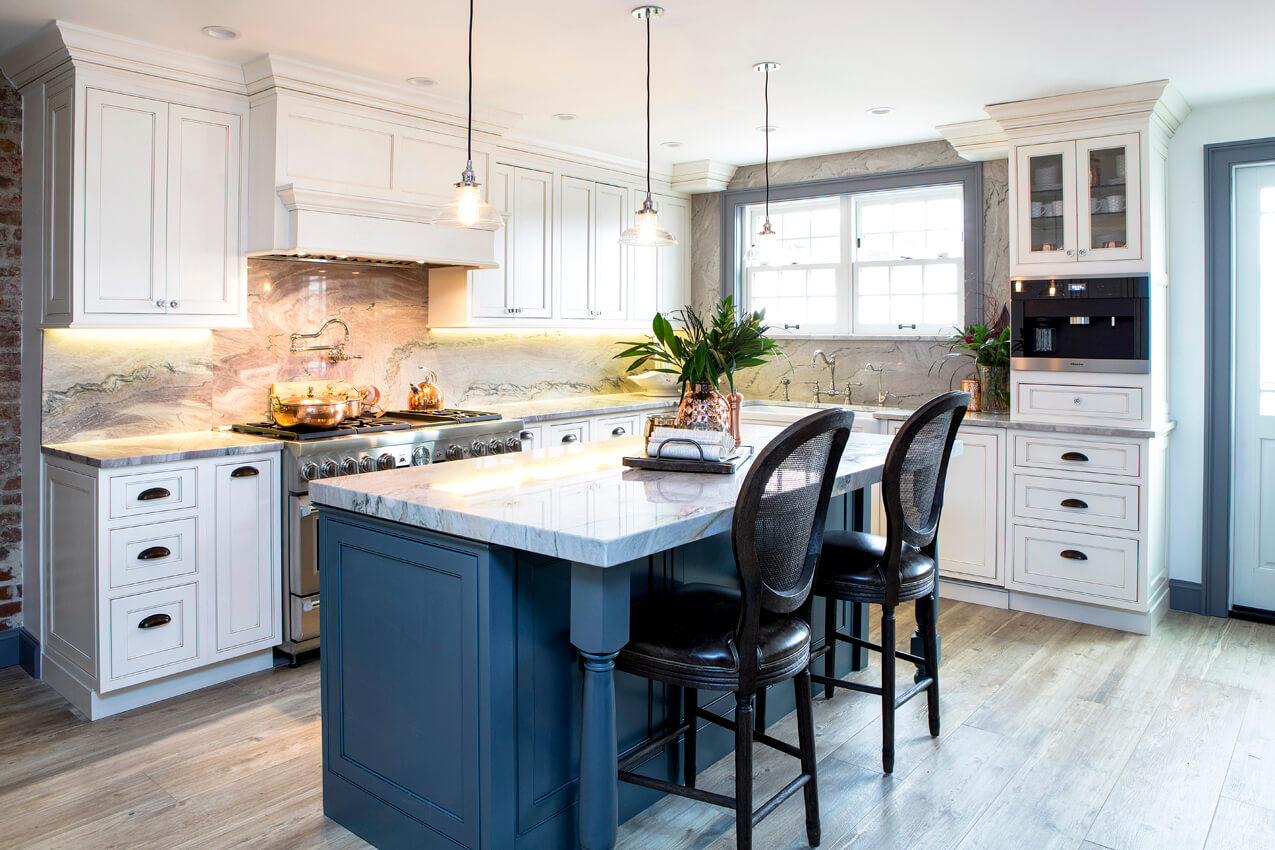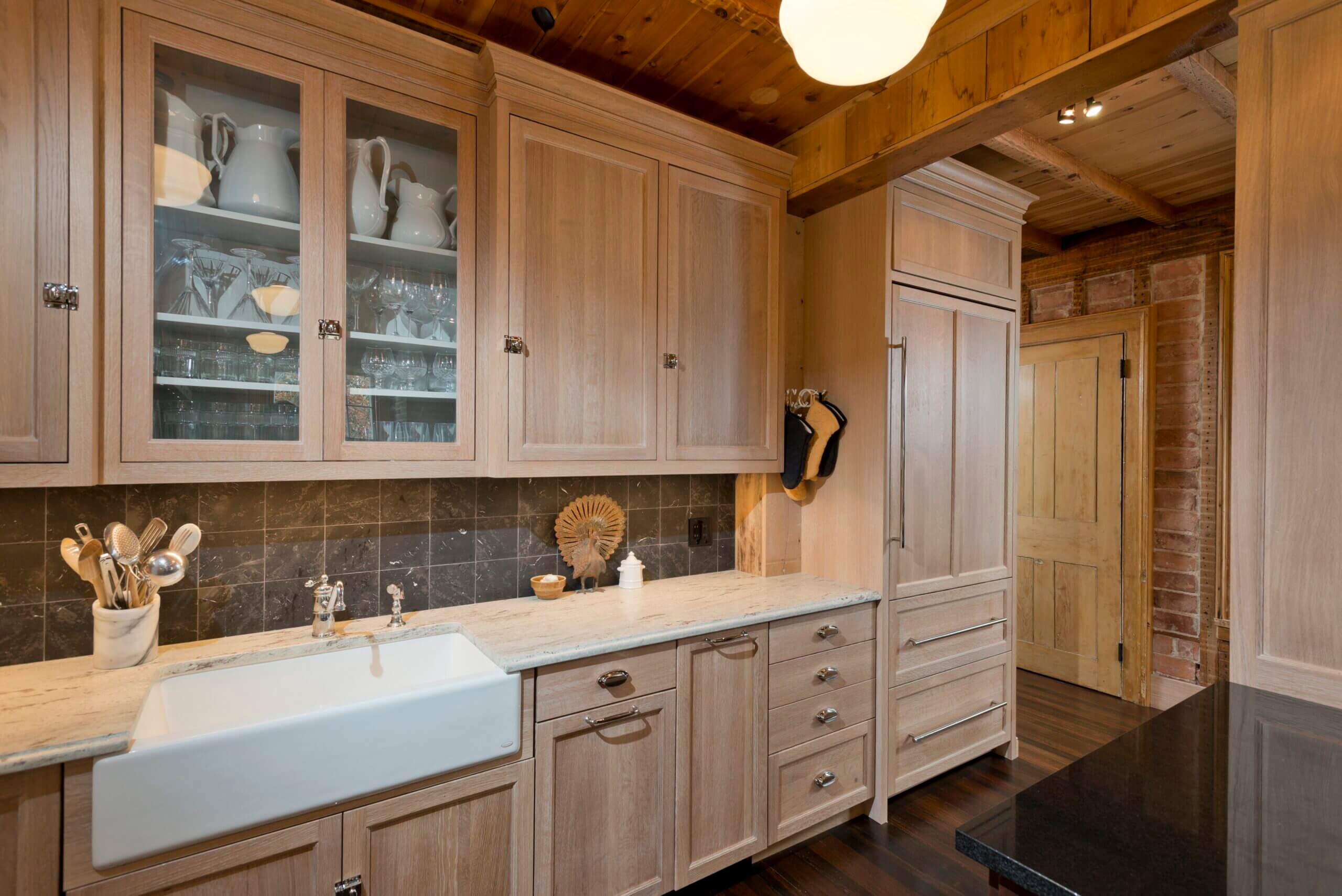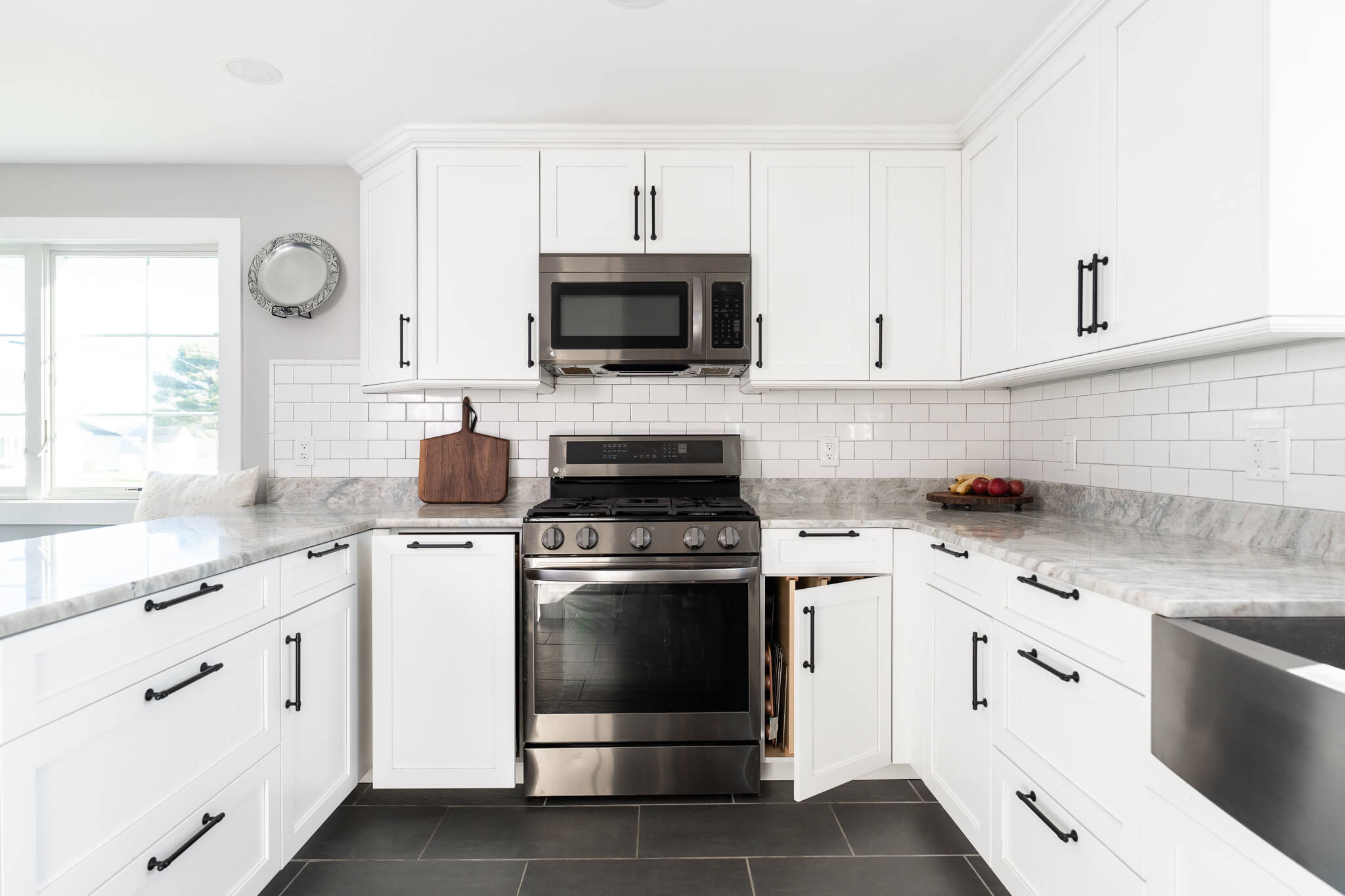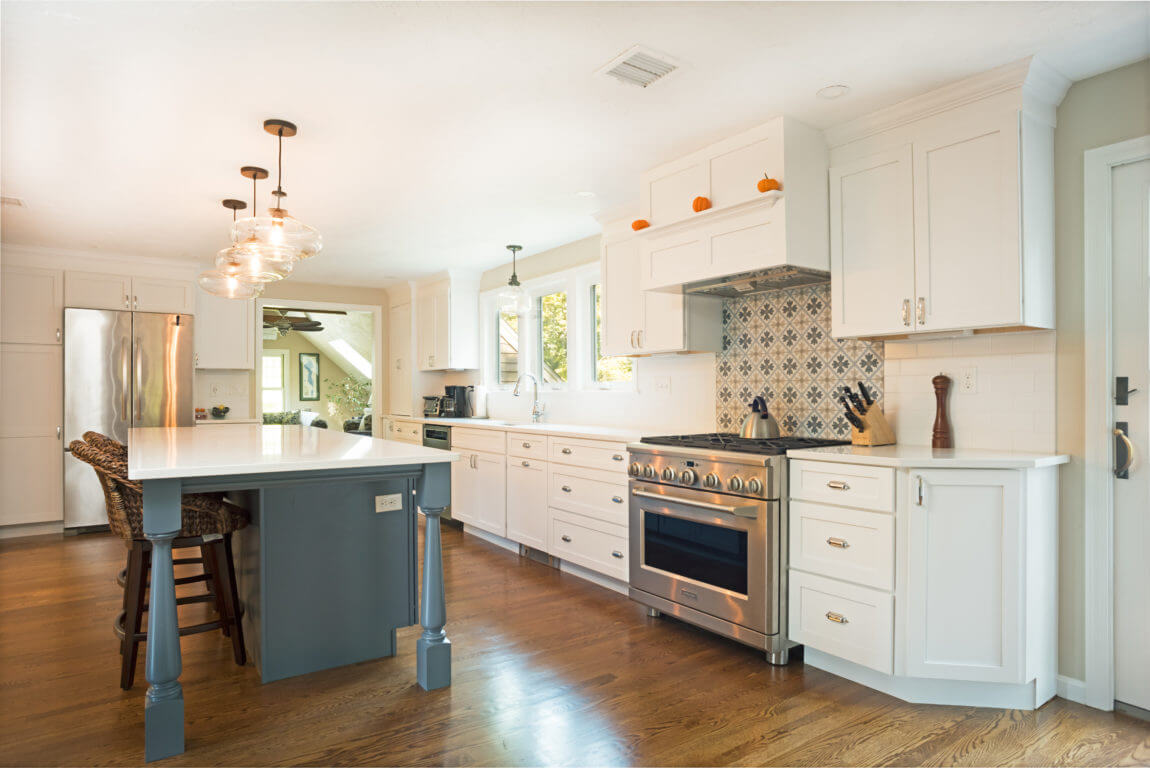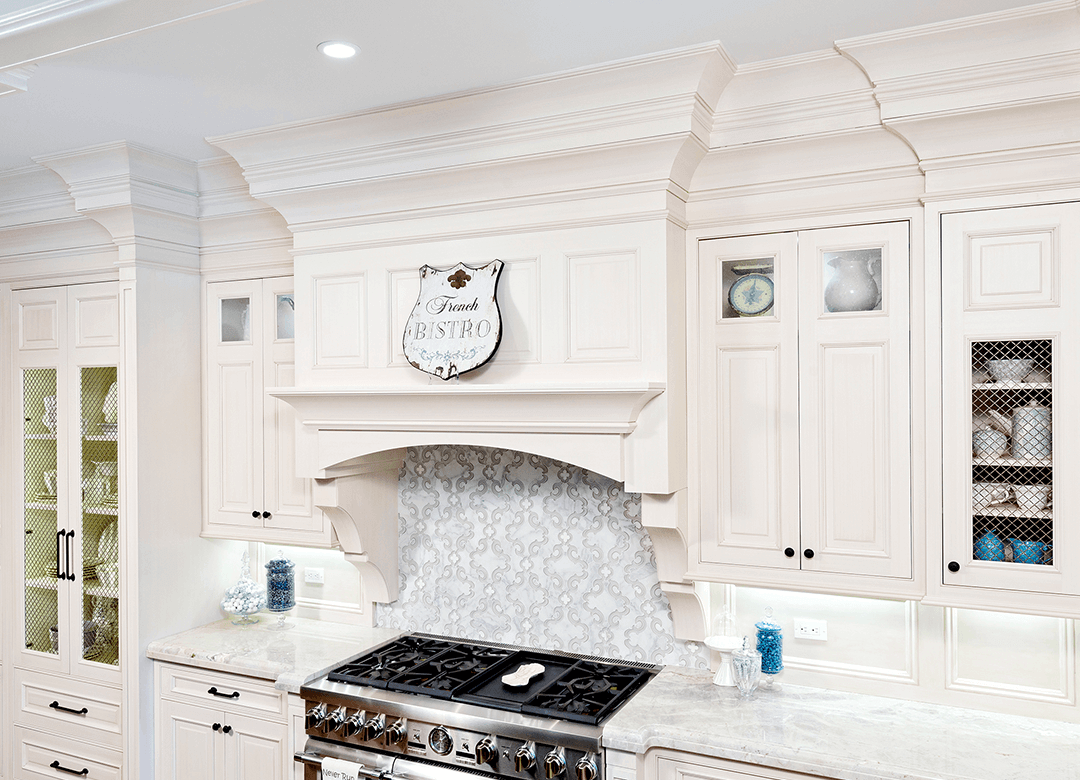Keeping Kitchen Budgets In Check
One of the first things people do when they are thinking about a kitchen remodel is to look for ideas online. It’s hard not to fall in love with all those picture-perfect kitchens on Pinterest and Houzz. If you are just starting the kitchen renovation process, you may be wondering if you will be able to afford your own dream kitchen.
The cost of a kitchen remodel can vary dramatically depending on what types of materials and appliances you choose, the construction, electrical and plumbing work involved, and the size of the space.
Here are a few of the elements of a kitchen remodel and the factors that can influence cost.
Cabinet materials, construction and finishes
Certain cabinet materials are more expensive than others. Stainless steel and solid, rare hardwood cabinets will cost more, while melamine or wood veneer cabinets will cost less. Painted, glazed or custom distressed cabinets are more labor-intensive to create so these will increase your cost. Glass inlays, unique features, and entirely custom designs will also add to the price.
Kitchen layout, utilities and windows
Your kitchen remodeling costs will be affected by the room’s layout, cabinet configuration, the number of cabinets and panels that need to be installed, as well as any mouldings.
Removing walls and moving windows and utilities also need to be considered. Knocking down walls, rewiring the electrical, moving a gas stove, or relocating your sink can be expensive and may also require permits.
Changing the location of your windows and appliances, especially the sink or plumbing, can increase costs. JoAnn Lyles, Certified Kitchen Designer at Riverhead Building Supply said that, “If your workflow traffic patterns work and are comfortable, keeping appliance and sink locations in nearly the same locations can help with your installation budget.”
Countertops
Countertops are available in a variety of materials from affordable laminate and tile to higher-end butcher block, granite, engineered stone, marble, concrete, stainless steel and quartz countertops. Don’t base your material decision on just aesthetics or price. Each material has its pros and cons so it is important to do your research to ensure that you understand the maintenance involved and how the materials hold up to scratches, stains and heat.
Flooring
There are many flooring options at various price points. At the lower end of the price range are linoleum and laminate floors. Porcelain, hardwood and cork flooring are considered mid-range flooring choices. Natural stone tile flooring is among the most expensive type of kitchen flooring material. Similar to countertops, it is essential to compare the materials and understand how they will fit into your lifestyle. Consider the maintenance required and how the material will hold up to foot traffic, spills, pets, and even sunlight (which can discolor certain materials).
Set priorities
To keep your kitchen renovation budget in check, establish what is most important to you. If you love to entertain, buying professional-grade appliances may be essential. Do you want more light? Moving your windows or installing larger ones may take priority. Make a list of must-haves and nice-to-haves and go from there.
Creating your dream kitchen while staying within your budget can seem overwhelming. Your kitchen designer and your contractor can be great resources to help you sort it all out. JoAnn Lyles, CKD said that contractors “are very helpful in guiding you with construction decisions that may affect your overall budget. Your thoughts of moving a wall or changing a window location may stretch your budget and the amount of money you thought you would have for cabinetry, appliances and countertops.” That is why, she added, it is important to talk to them “very early in the process, before you start the designing of your new kitchen.”
Barry Gano, a Riverhead Building Supply Kitchen Designer, suggests that you develop a budget for your entire kitchen project. Your designer can then break down the numbers into different areas such as construction, appliances, flooring, and lighting. Those amounts subtracted from your overall budget is roughly what you will be able to spend on your cabinets which experts say can eat up between 40-60% of your kitchen renovation budget.
It is always best to be in constant communication with both your contractor and kitchen designer to ensure everyone is on the same page as you.
